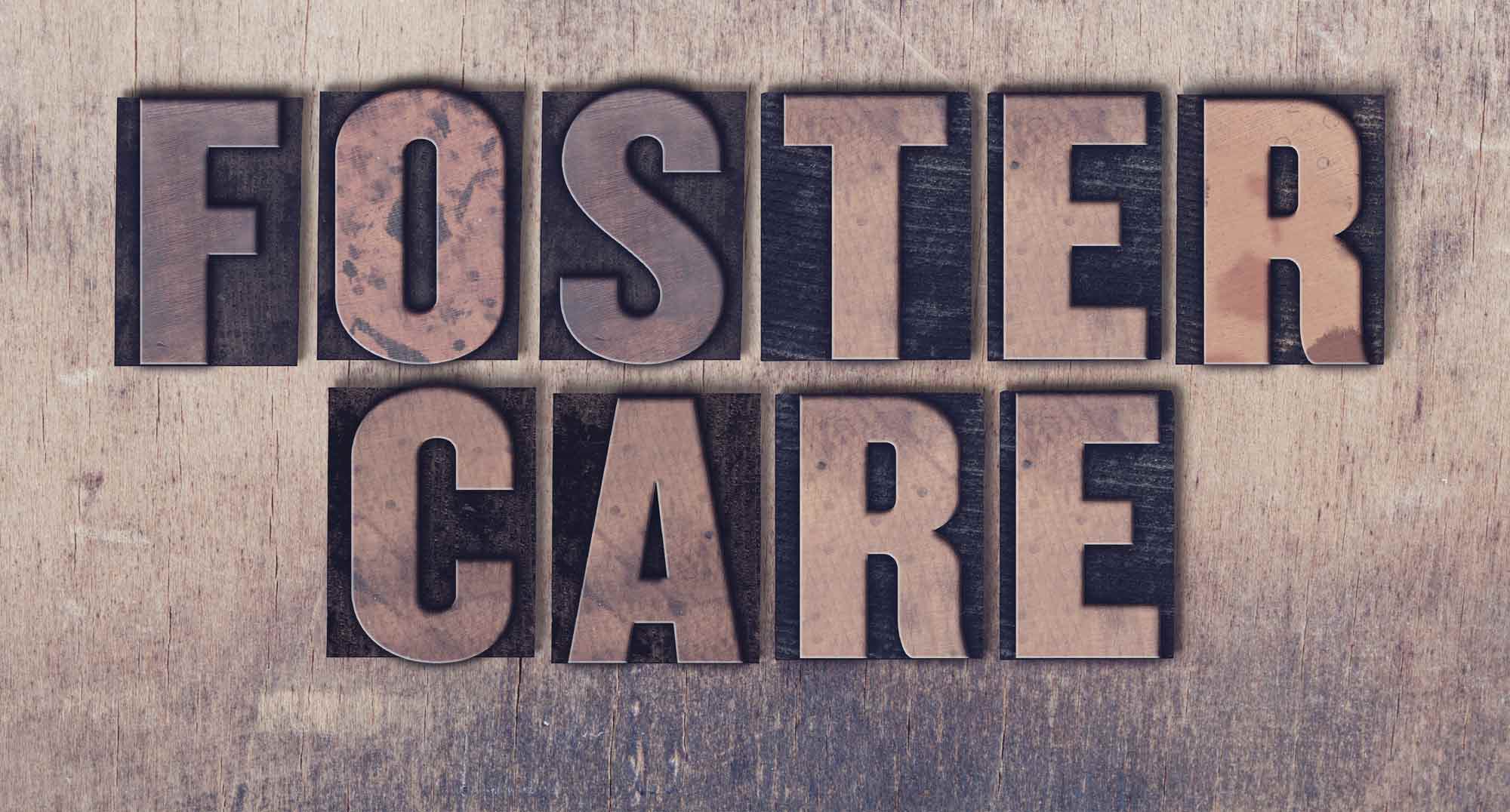Prayers for Our Children
KATHLEEN NIELSON|GUEST Editor's Note: The following article includes excerpts from Prayers of a Parent (P&R, June 2021), used with permission. Praying for the children of the church is a church-wide job. Congregations often stand up and promise to help parents nurture a child in the fear and admonition of the Lord—and that includes praying for that child. I look back through years of parenting and see the church continually and prayerfully flanking our family, and I thank God for his people all along the way. We believers can help one another in praying for our children. That’s one reason I wrote the volumes of Prayers of a Parent: simply to encourage fellow Christian parents in Bible-based prayers for the various aspects of our children’s lives, in every different stage. I needed that encouragement from others, and still do. We can join our prayers together in a chorus for the generations coming after us. They need our prayers. Shared Words of Prayer Why write down our prayers? I often think of the prophet Hosea’s call to the people of Israel: “Take with you words and return to the Lord” (14:2). It’s easy to pray without giving our full attention. It’s easy for many of us to pray inarticulate prayers that are something like floating clouds of scattered thoughts. Sometimes it’s just a quick, muttered “Thank you” or “Help me,” and God surely hears and understands such prayers. But when we read many of the prayers of Scripture (the psalmists’, for example, or the apostle Paul’s), we learn the beauty of prayers developed in thoughtful, intentional words. Now, we can use Scripture’s prayers to pray; that is one of God’s gracious provisions in his Word. What a gift—perfect words that help and teach us to pray. But the Bible’s prayers also teach us the good pattern of prayer: taking regular time and effort to put the praises and petitions of our hearts into words that we bring into God’s presence, in the name of Jesus our Savior. We can help each other practice this good process, with spoken and written words shaped by his Word. Shared Benefits of Prayer Practicing together this process of articulating prayers, specifically for our children, is good for our children and good for our own souls. Christian parenting, as we all know, involves a lifelong releasing of our children into the hands of our Father in heaven, who made them, knows them, and loves them perfectly. As we offer words of prayer to our Father, our hearts trust him more and more, and our hands loosen their grip to give our children into his perfect providential care. Sharing our prayers is not a quick or casual process. And of course everyone uses words differently; that’s part of the beauty of coming together with diverse voices that blend, instruct, and encourage. The Spirit and the Word bind us together as we pray, because we share faith in the living Lord Jesus who took our sins, died in our place, and rose from the dead, as the Scriptures tell us....










